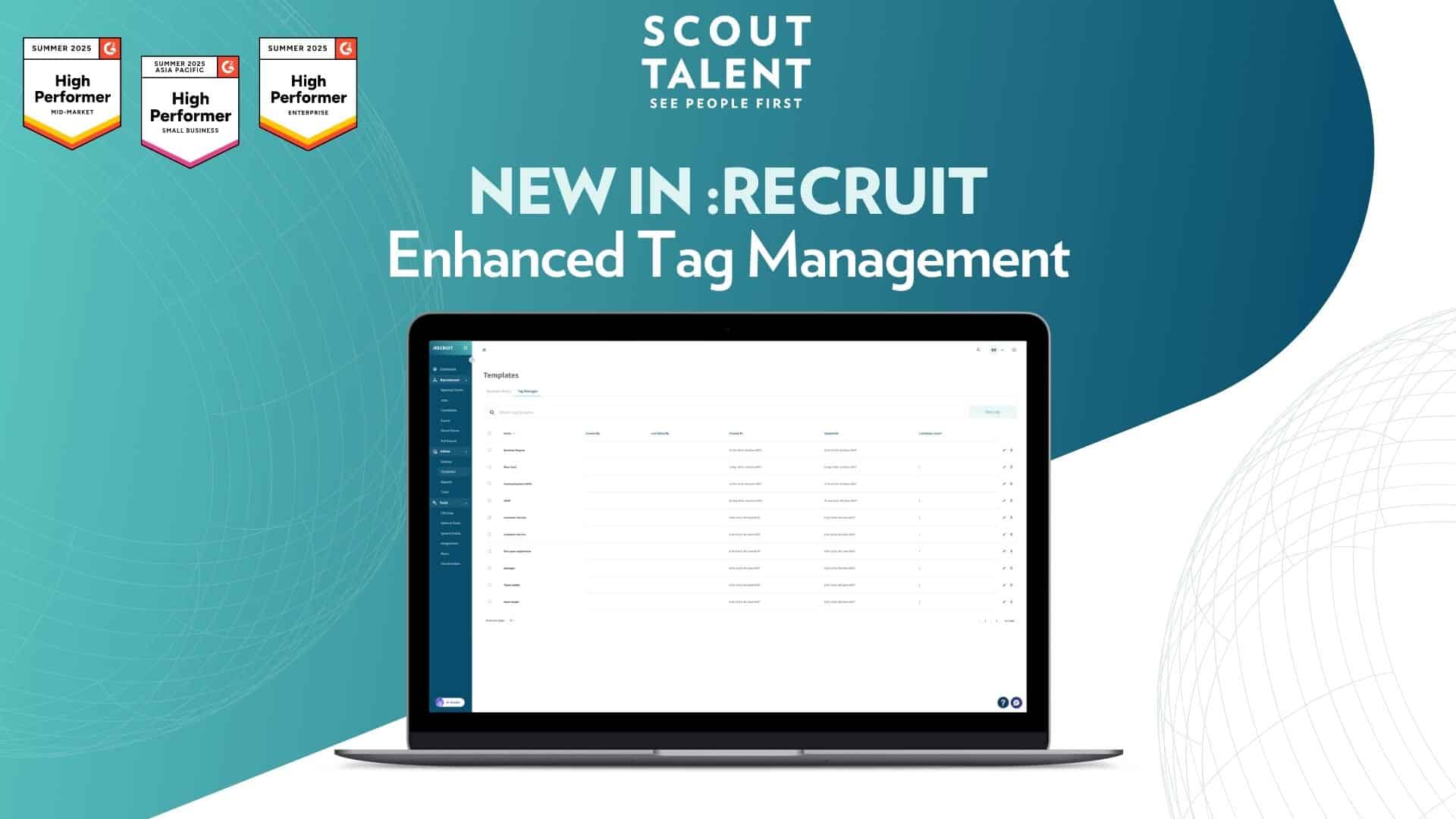How much can you ask of a candidate?
Well, much like everything in the world of Recruitment, it’s a bit of a tricky question without a clear cut answer. How much can you ask of a candidate? Well, not much. But that not much might look different depending on the seniority of the role or where your candidate is in your process.
Your brain may have already gone to the simplest solution – we won’t ask anything of a candidate. We’ll interview them based on the resume they submit and hire based on the combination of both. Well, first of all, good luck. That’s a lot of work. But secondly. That may not work:
- Ask too little – Candidate becomes uninterested. It doesn’t feel like they’re earning the role.
- Ask too much – Candidates decide the role isn’t worth it.
Candidates want to feel valued. They want the chance to sell themselves, but they also don’t want to carry out a long case study for you and essentially feel like they’re giving you valuable work for free.
It’s all about striking a balance.
Let’s step by step our way through a recruitment process and talk about how much you can ask of a candidate.
Pre-interview
At the very beginning, a candidate hits apply on your job description and they reach the first hurdle we put in front of us. Virtually all of us will ask a candidate for a resume. Most people will have a resume ready to go so that’s not too much to ask of a candidate.
Lots of us will ask for a cover letter and further information from screening questions. This is where we can start to lose people.
- Cover letters are often rarely read. And even if they are read it rarely gives useful information.
- Screening questions are great to a point. The average candidate is happy to answer some screening questions usually up to about 10, but after that you’ll start to lose them. After your third or fourth long-winded text box question suddenly your talent competitors who are looking for the same person seem much more appealing.
- But worst of all, screening questions that duplicate the work of a resume or cover letter. Nothing irritates a candidate faster than having to type in their employment history while also attaching a resume.
Interviews
This brings us on to interviews, which is already asking a lot, given that it may involve multiple conversations with multiple people. This takes time, which is a huge ask and truly shouldn’t be underestimated. If you’re asking someone to essentially sell themselves to you for a portion of their day, you need to respect that ask. For more senior or technical candidates it’s certainly acceptable to ask them to prepare a short presentation, but keep it very specific, concise, and relevant.
Take-home assignments
This, of course, brings us on to take-home assignments. For some roles, they’re very relevant. But they’re certainly not relevant for all roles. If you can’t justify why you’re asking a candidate to carry out an assignment then you need to take that assignment out of your process, because you’re going to lose candidates with it – especially the good ones who will know they don’t need to do it to apply.
If your assignment is role relevant, it can be a really effective way to keep candidates engaged. Just make sure it’s useful. There is nothing worse than wasting both a candidate’s time and your own time.
Post-interview
Once you’re down to your shortlisted candidates and you’re carrying out some culture fit interviews this is where you need to start bending over backwards for your candidates. These are the cream of the crop.
By this point you want them in your organisation, so make sure they feel that. If they’re meeting the team for breakfast or having a walk around the office, make sure you work around their schedules and give them the royal treatment. This is where you can ask the least and potentially lose the most.
We should be making things as easy as possible for our candidates. They have all the power and that’s not going to change any time soon. If there’s a part of your recruitment process where you ask a candidate to complete a questionnaire, form, test, assignment and it’s not giving you tangible results then you need to drop it from your process.
Everything you ask of a candidate must be relevant to your organisation and the candidate. If it’s not then not only are you wasting a candidate’s time, but you’re also wasting your own.
If you would like more information about how Scout Talent can help you with anything recruitment, call us or click the button below.



